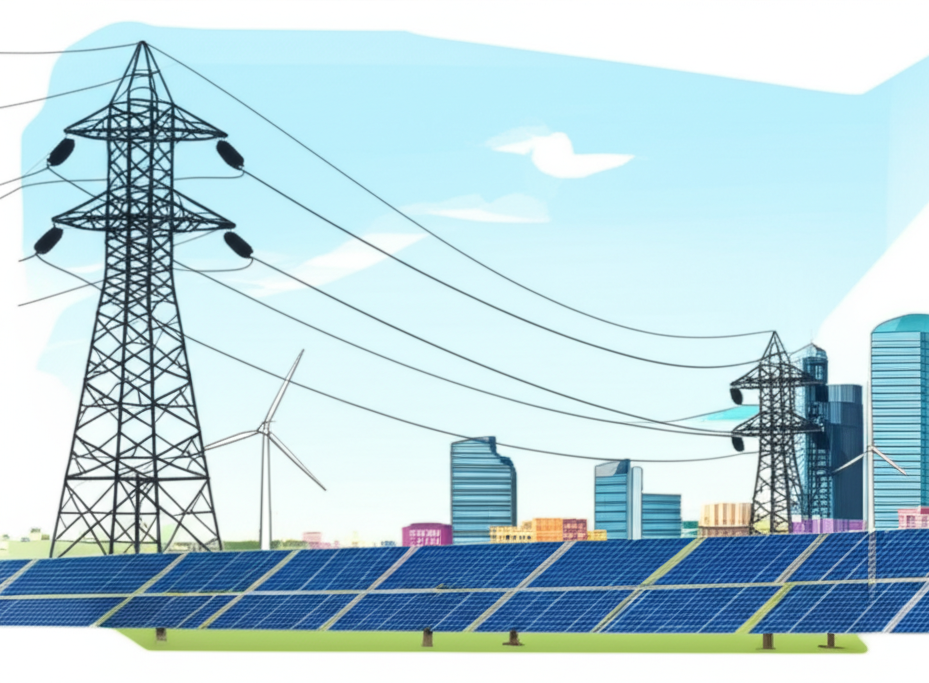Kingsgrove Branch:
What Do Electrical Engineers Actually Do

G'day, mate! Ever flicked on a light, sent a text, or cranked up the air-con on a scorching summer arvo? Thank an electrical engineer. These switched-on sparks are the brains behind the zappy, connected world we live in. But what does an electrical engineer really do day-to-day? It's a lot more than just playing with wires.
Here at SCHNAP best electrical wholesaler & supplies in NSW Australia, we're all about powering up your career knowledge. So, let's plug in and shed some light on the electrifying world of electrical engineering in Australia.
The Long and Short of It: Powering Our World
At its heart, electrical engineering is all about the generation, distribution, and use of electricity. That's a massive field, covering everything from the massive power grids that keep our cities shining to the microscopic circuits in your smartphone.
An electrical engineer's main gig is to design, develop, test, and supervise the manufacturing of electrical equipment. This could be anything from a new-fangled kitchen gadget to the massive transformers you see in substations. They're problem-solvers, innovators, and the guardians of our electrical infrastructure.
A Day in the Life: More Than Just Calculations
So, what might a typical day look like for an Aussie electrical engineer? Well, it's a mixed bag, depending on their specialisation. But you can bet it'll likely involve a combination of:
- Putting on the hard hat: Many electrical engineers spend time on-site, whether it's a power station, a construction project, or a manufacturing plant. They'll be overseeing installations, troubleshooting faults, and ensuring everything is up to Aussie safety standards.
- Getting creative at the desk: There's a fair bit of office time too. This is where the magic begins, with engineers using specialised computer-aided design (CAD) software to map out circuits, design systems, and plan projects.
- Working with a team: Electrical engineering is no solo act. They're constantly liaising with other professionals like civil engineers, architects, and project managers to bring complex projects to life.
- Keeping things running: A big part of the job is maintenance and upgrades. This could involve everything from ensuring a hospital's backup power supply is in top nick to upgrading the communications network for a big corporation.
Hot Specialisations in the Aussie Market
The world of electrical engineering is broad, with heaps of exciting areas to dive into. Some of the most in-demand specialisations down under include:
- Power Systems Engineering: These are the folks who keep the lights on for the whole country. They work on the generation and distribution of electricity, including the booming renewables sector with solar and wind farms.
- Telecommunications: In our hyper-connected world, telecommunications engineers are more vital than ever. They're the ones designing and maintaining the networks that keep our phones, internet, and other communication systems running smoothly.
- Electronics Engineering: From the latest smart devices to life-saving medical equipment, electronics engineers are at the forefront of technological innovation. They design and develop the intricate electronic circuits that make our gadgets tick.
- Control Systems: This field is all about automation. Control systems engineers design the "brains" behind automated processes in everything from manufacturing plants to traffic light systems.
How to Get Your Spark On: The Path to Becoming an Electrical Engineer
Keen to join the ranks of these bright sparks? Here's the lowdown on what you'll need:
- Get the right qualifications: You'll typically need to complete a Bachelor of Engineering with a major in electrical engineering from an Australian university.
- Get some hands-on experience: Most courses will include practical work placements, giving you a real-world taste of the profession.
- Become a Chartered Professional Engineer: Once you've got a few years of experience under your belt, you can apply to become a Chartered Professional Engineer through Engineers Australia. This is a top-tier accreditation that's highly respected in the industry.
So, there you have it! A peek into the dynamic and essential world of electrical engineering in Australia. It's a career path that's not just about circuits and currents, but about powering a brighter, more connected future for all of us.
Recent posts

SCHNAP is Australia's premier electrical wholesaler and electrical supplies, marketing thousands of quality products from leading brands. Trusted for nearly two decades by licensed electricians, contractors, and engineers, our range covers everything from basic electrical components to complex industrial electrical equipment
Our key categories include: LED lighting, designer switches, commercial switchboards, circuit protection, security systems & CCTV, and smart home automation
All products are certified to Australian standards (AS/NZS), backed by our 30-day, no-questions-asked return policy. Our expert technical team helps you quickly source the right solution for any residential, commercial, or industrial project, with daily dispatch from our Sydney electrical warehouse delivering Australia-wide
SCHNAP offers the most comprehensive electrical product range, with full technical specifications, application details, installation requirements, compliance standards, and warranties — giving professionals total confidence in every purchase
Customer Support
Information
Contact Us
-
-
-
-
Mon - Fri: 6:30AM to 5:00PM
-
Sat: 8:00AM to 2:00PM
-
Sun: 9:00AM to 2:00PM
-
Jannali Branch:
-
-
Closed for Renovations
© 2004 - 2025 SCHNAP Electric Products



